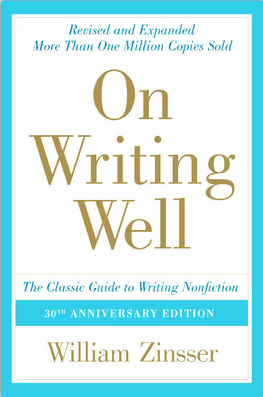Four Reasons Not to Publish Exclusively with Amazon
Inevitably at some point, our self-publishing clients ask whether they should distribute their ebook exclusively through Kindle, or whether they should take a different approach. In most cases, we advise selling to a variety of ebook retailers.



